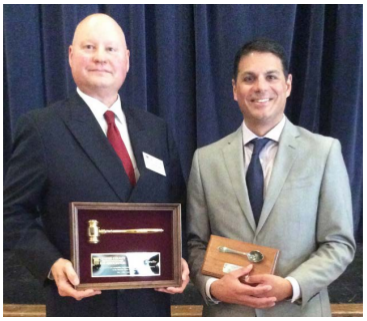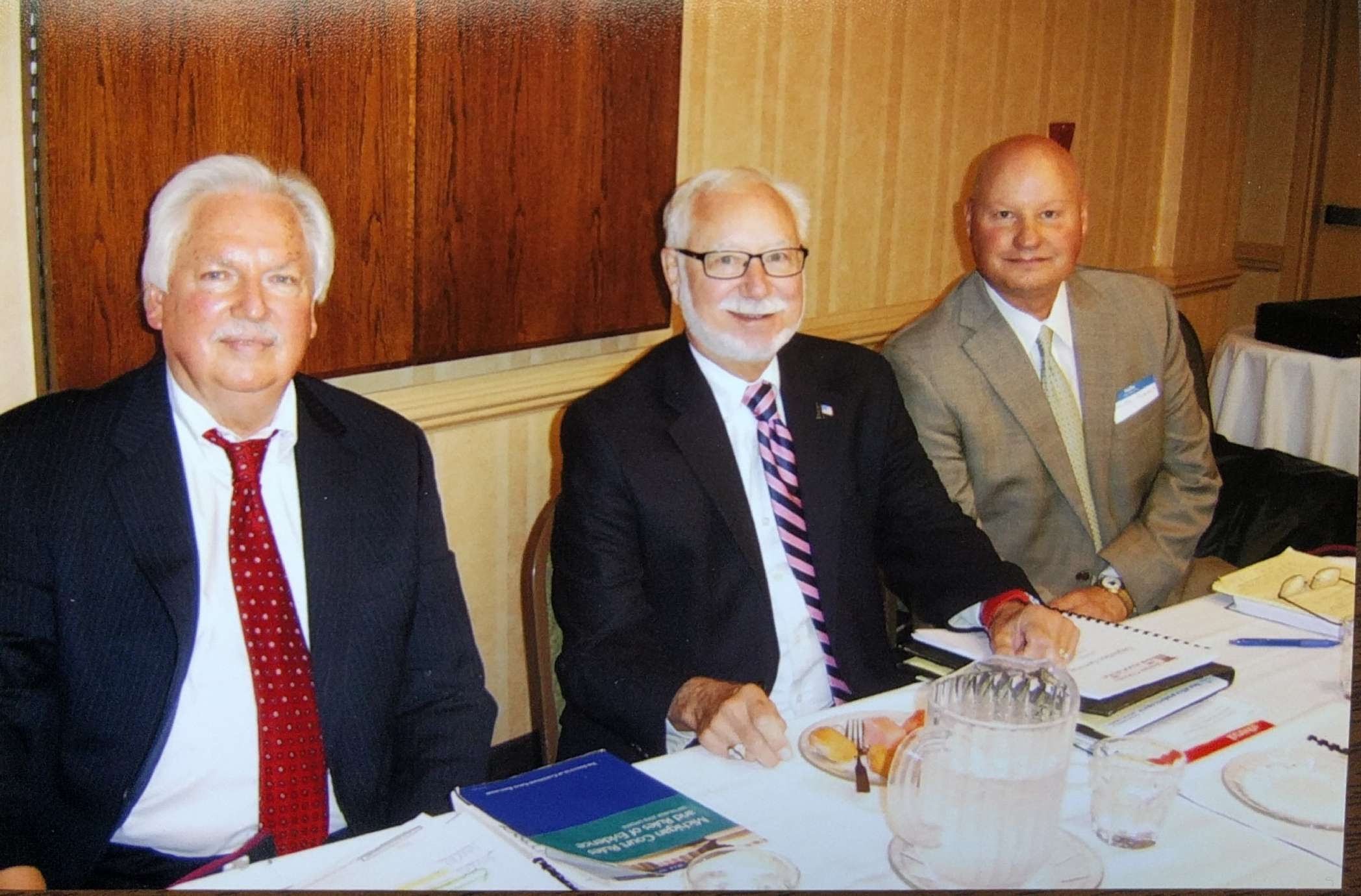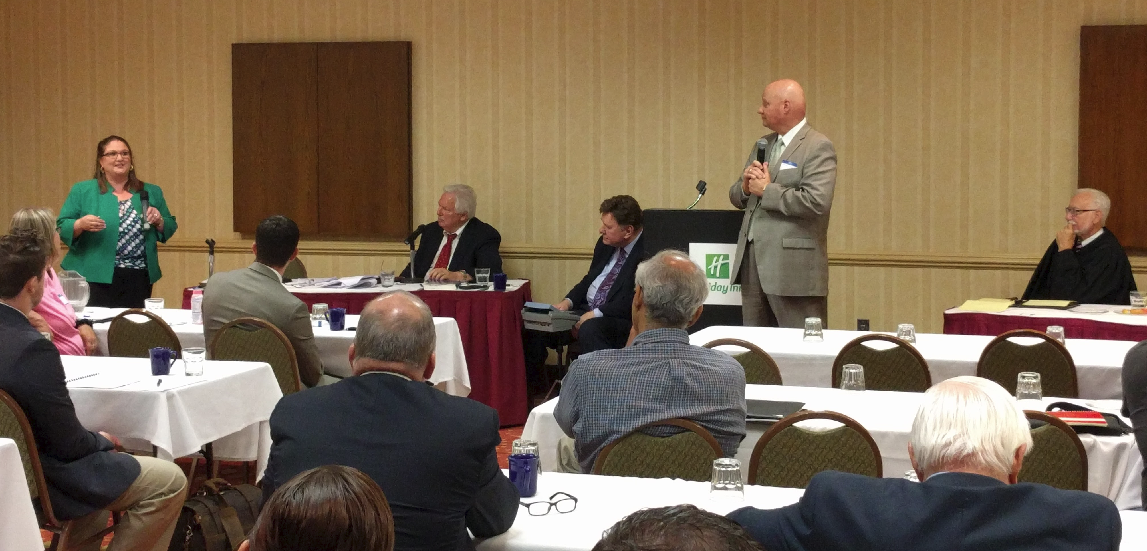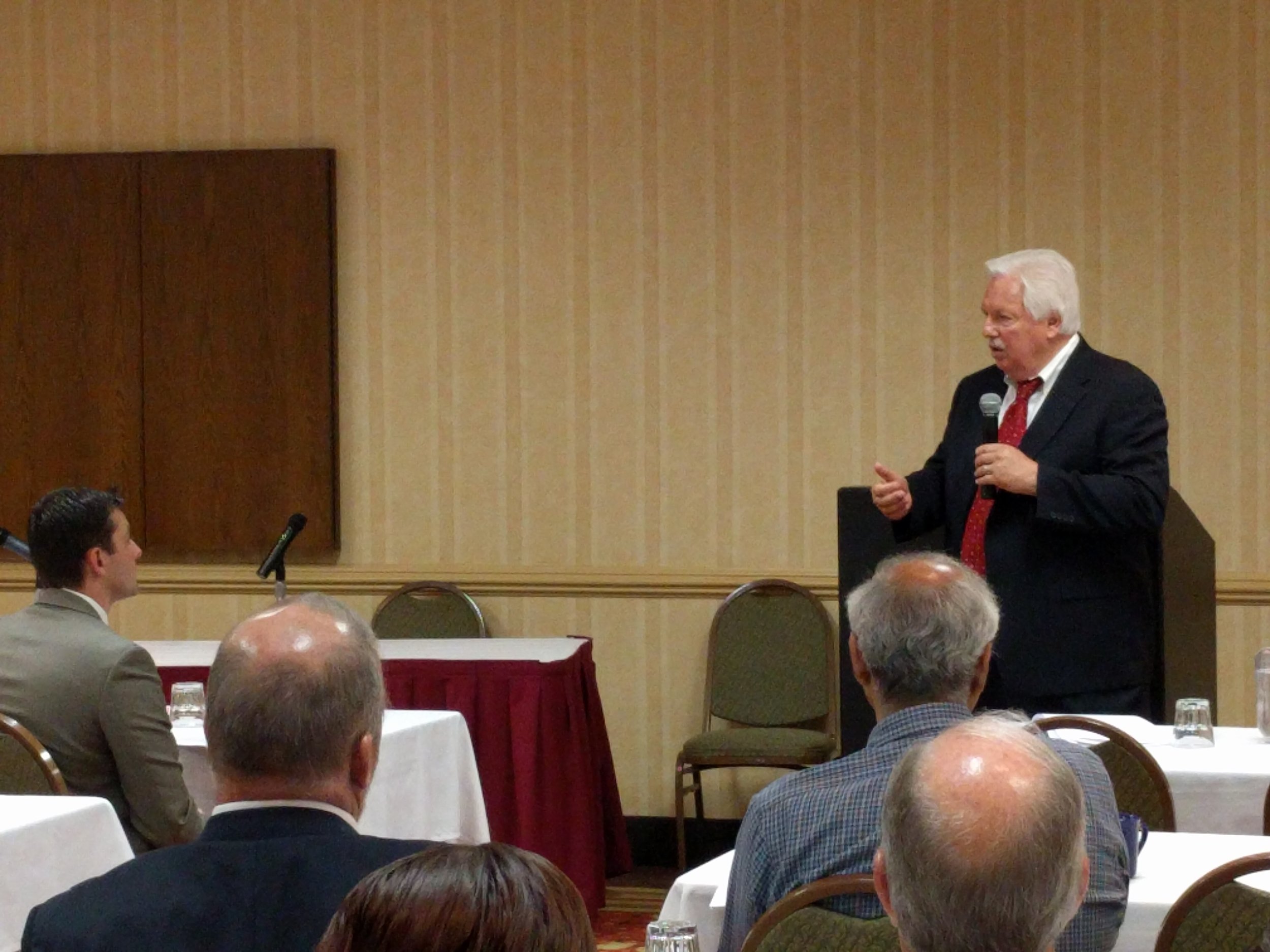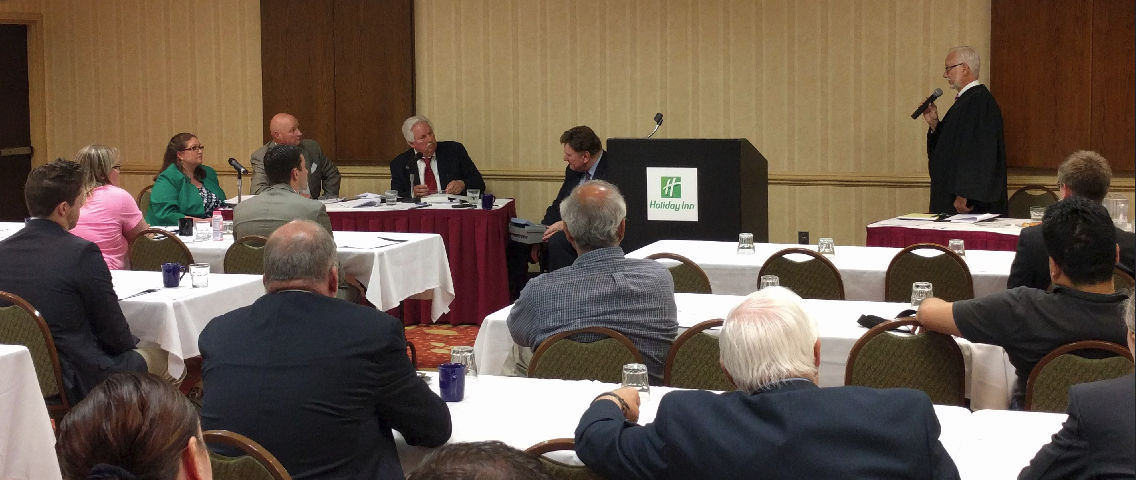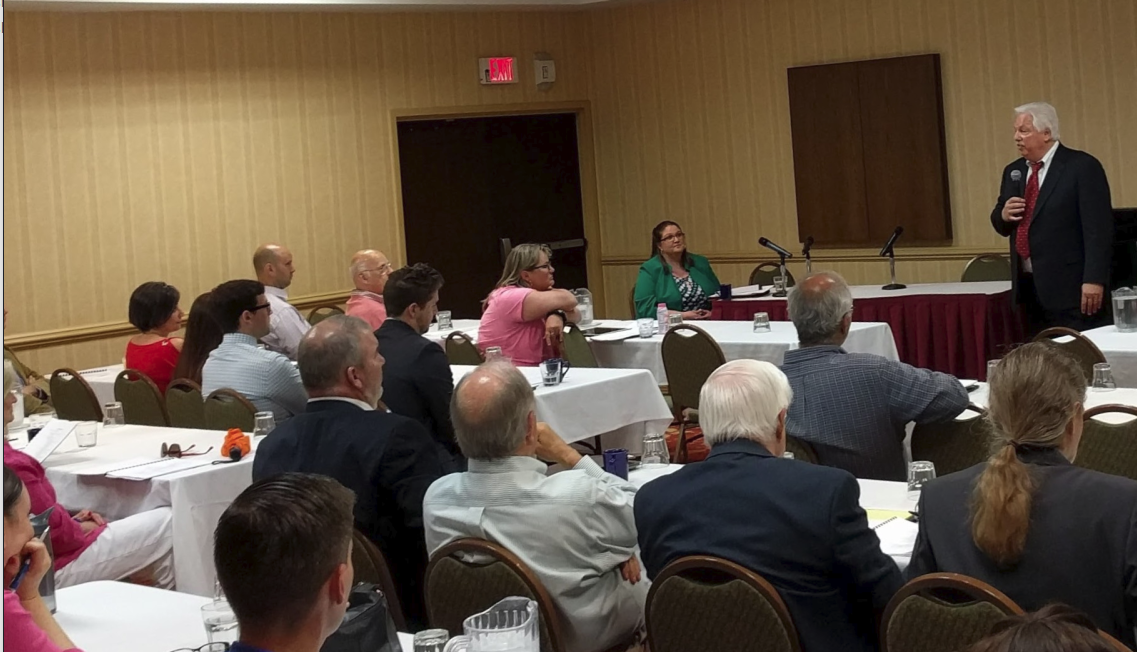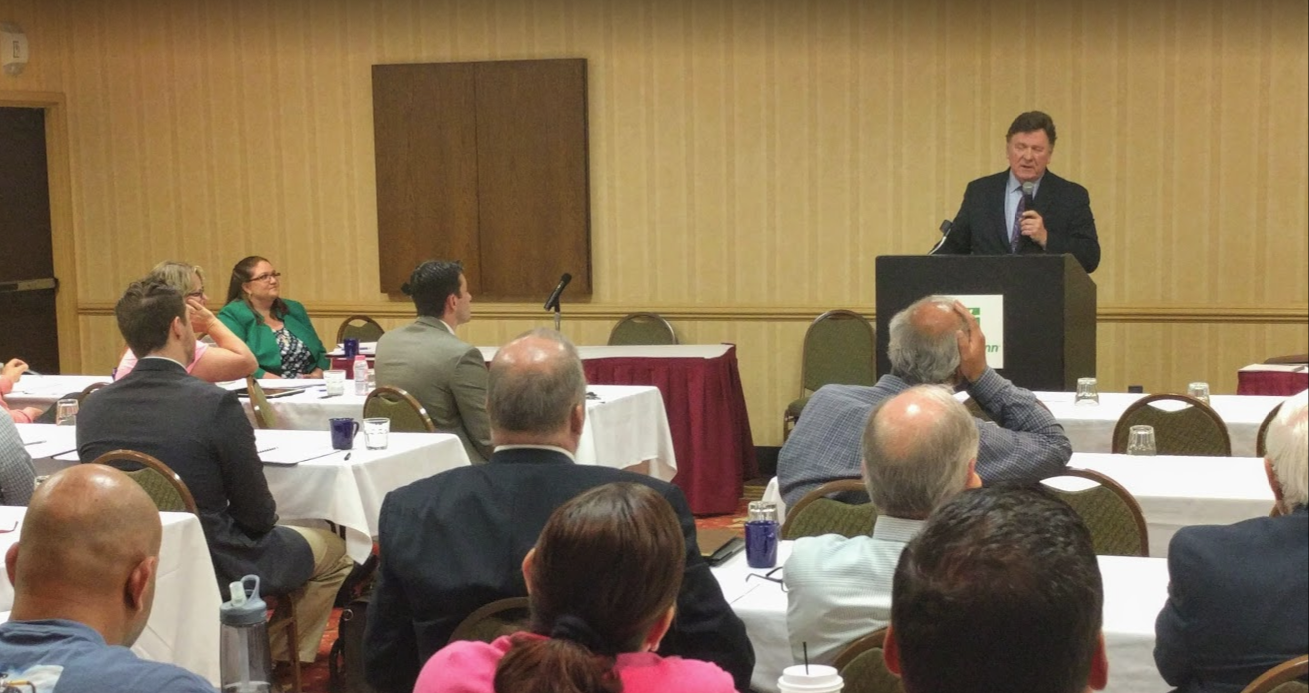In the media:
Facts of case:
Jakki Sidge, Plaintiff, was the Clerk for the Village of Goodrich for over 25 years. Jakki Sidge engaged in in “Type I” reporting protected activity when she reported the Village Council’s violation or suspected violation of the Michigan Open Meetings Act to the Village Council (which includes Defendants Vick, Light and Barraco) and to the Township Attorney, Thomas P. McKenney. The Village Council members and Attorney McKenney are “public bodies” as defined by MCLA 15.361(d)(iii) and (iv) and McNeil-Marks v. MidMichigan Medical Center-Gratiot, 316 Mich. App. 1 (2016) (an attorney is a “public body” under the WPA).
Plaintiff’s report to Village Attorney McKenney resulted in an opinion letter that Plaintiff physically gave to the Council on 5/15/18 which corroborated Plaintiff’s reporting to the Defendants about their own violations or suspected violations of both the Open Meetings Act and the Bullard Plawecki Right to Know Act.
Then, at the 5/15/18 Council Meeting, Plaintiff engaged in WPA “Type I” protected activity by giving Defendants the McKenney letter and, further, by verbally reminding them throughout the 5/15/18 meeting that they were violating the laws as referenced and set forth in the McKenney letter. The Council Meeting Minutes state, “Sidge distributed communication from Attorney McKenney regarding the procedure for discussing time sheets and performance reviews as it related to the Open Meetings Act and the Bullard Plawecki Right to Know Act”. In fact, during his deposition, Defendant Light admitted receiving the McKenney letter pointing out Defendants’ violations of law.
The individual Defendants admitted at their depositions that the termination of Plaintiff’s employment contract was not even on the agenda for the 5/15/18 Council Meeting. Further, Defendants Light and Barraco admitted they got up that day without any plans whatsoever to discuss the termination of Plaintiff’s employment contract at the 5/15/18 meeting.
At that meeting, Defendants openly displayed their predisposition to retaliate against Plaintiff for her doing precisely what the Legislature wants employees to do under the WPA, that is, report “violations or suspected violations of law” to a “public body” which includes Attorney McKenney. In fact, Defendant Barraco became so agitated when confronted with the fact that he and the other Council Members had been, and still were, violating the laws as set forth in the McKenney letter, he angrily and pointedly asked, “So, who contacted the lawyer?”, to which Plaintiff responded, “I did.” Thus, Defendants were aware that Plaintiff was the one who made the report of the violations of the Open Meetings Act and the Bullard Plawecki Right to Know Act to the Village Attorney, and now to them, making Plaintiff a whistleblower. Defendants decided to terminate Jakki Sidge’s employment for her whistleblowing at the 5/15/18 Council Meeting.
Defendants’ repeatedly voiced their displeasure at Plaintiff going to Village Attorney McKenney by derisively referring to her protected activity as a “subterfuge” to cover herself for allegedly not doing the (unlawful) acts they demanded she do. Then Defendants’ fired her.
Jakki Sidge is a good person who didn’t do anything wrong, and the jury was going to see that. The individual Defendants were going to look like bullies for pressuring her to commit unlawful acts. The case mediated for $250,000, and both sides accepted.
Summary of the case:
Type of Action: Whistleblower, Public Policy, ELCRA Violations
Injuries Alleged: Loss of job, lost wages, outrage/emotional distress/mental anguish
Court: Genesee County Circuit Court
Name of Judge: Hon. Kay Behm
Settlement: $250,000
Date of Settlement: 9/13/17
Key To Winning: Legally, the key to winning was distinguishing the case of Wurtz v. Beecher Metropolitan District, 495 Mich. 242 (2014). Factually, the key to winning was the existence of an audio/video tape of a Village Board Meeting which showed that the Plaintiff was telling the truth and Defendants were not.
Attorney for Plaintiff: Tom R. Pabst






